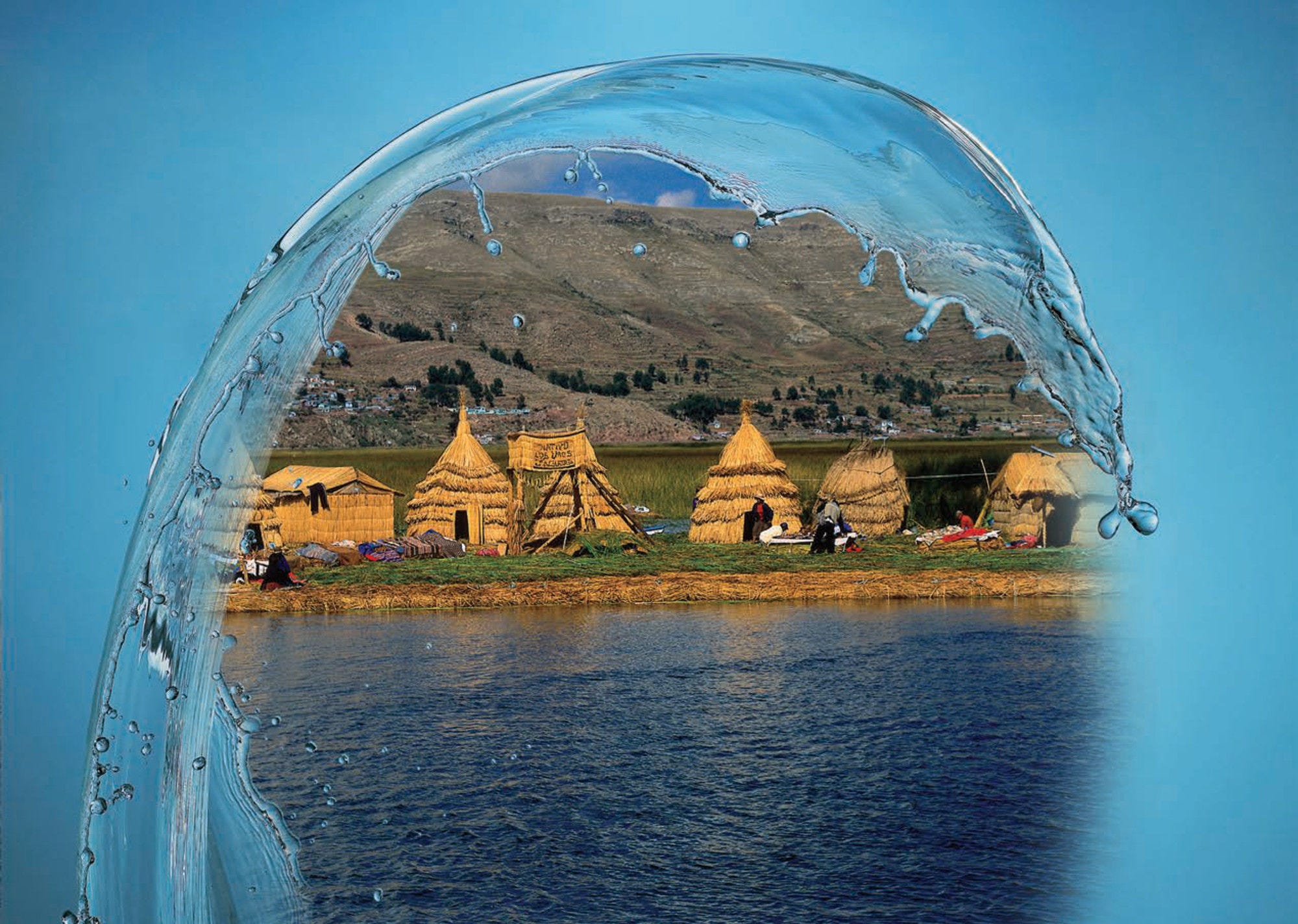As part of the OECD Programme on Water Governance, we are very proud to introduce the report Water Governance in Peru. This report is the result of a two-year Policy Dialogue with 175 stakeholders across all levels of government in Peru, as well as from public, private and non-profit sectors.
Water is the most cross-cutting natural resource we have. It plays a key role in all forms of development, poverty alleviation, public health and hygiene, agriculture and food security, environment, energy generation, as well as land use and urban planning. Moreover, water is key to economic growth and, as such, managing the risks of too much, too little and too polluted waters – while fostering the conservation of ecosystems – is essential to people’s well-being.
2021 coincides with Peru’s 200 years of independence. It is also a time when it faces the economic and social impacts of COVID-19, as well as competing demands for water resources. Furthermore, water supply is unevenly distributed across the country, resulting in significant gaps in service delivery. Two-thirds of Peruvians live in the Pacific hydrographic region, which provides only 1.7% of water availability in the country and is also suffering from glacier retreat that is exacerbated by climate change. For these reasons, the integrated and sustainable management of water resources is a top priority, as well as a development opportunity.
The Policy Dialogue underlying this report facilitated a consensus among water stakeholders on key issues related to overcoming governance gaps, strengthening the regulatory framework for the provision of sanitation services and providing economic instruments for an effective and efficient water resources management.
The recovery from COVID-19 presents a unique window of opportunity for Peru to leverage this report’s policy recommendations and outline a vision for the future where environmental sustainability is a major feature of the country’s development strategy. Such a vision should call for action to trigger changes in the current water policy paradigm, acknowledging and highlighting the ecological, economic, and social value of water.
To consolidate its water governance systems, Peru will need to mobilise joint and effective actions to achieve Sustainable Development Goal 6 on “Clean Water and Sanitation”. Local, provincial, regional, and national governments will be called upon to work together towards this collective objective, while also recognising the key role of the private sector and civil society in the implementation of necessary reforms. Furthermore, implementing these actions will require aligning policies across different ministries and policy sectors, and mobilising economic instruments to manage water risks and protect watersheds.
By implementing these policy recommendations and raising their profile within the national community and globally, Peru can enhance water security and provide good quality water services to all. The OECD stands ready to support Peru design, develop, and deliver better water governance policies for better lives.

Ángel Gurría
OECD Secretary-General

Gabriel Quijandría Acosta
Minister of Environment, Peru
